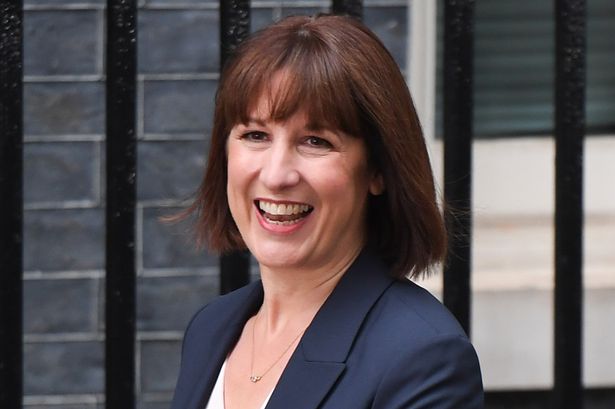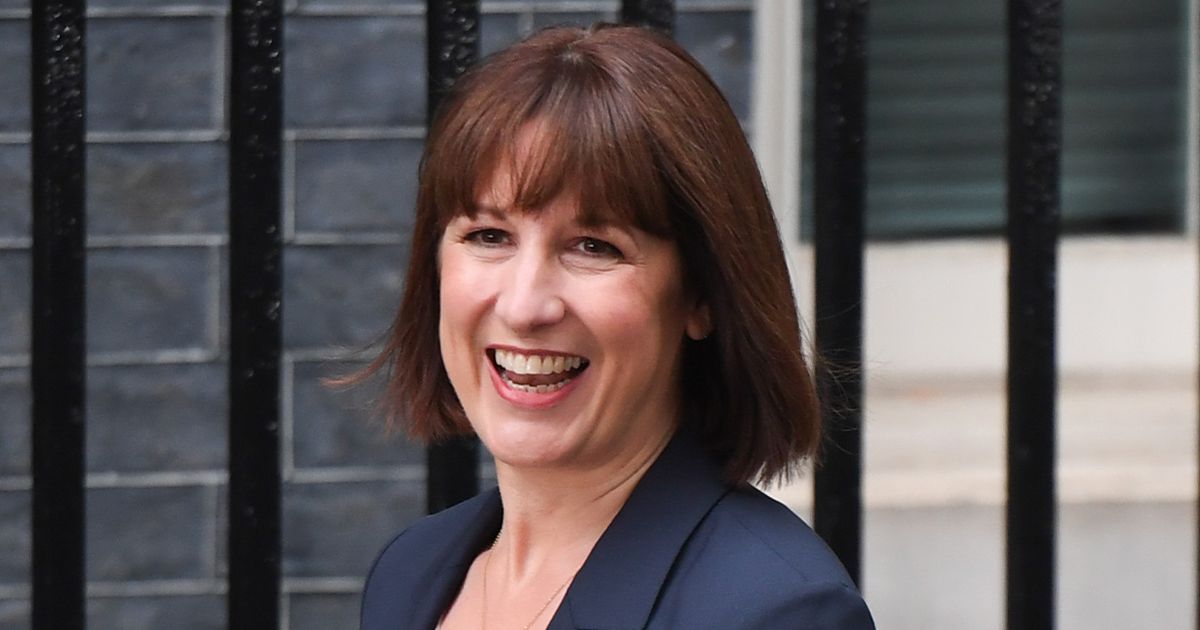State pension payments go up in April Chancellor Rachel Reeves was asked about the Government’s plans for the personal allowance(Image: Getty)
Chancellor Rachel Reeves was asked about the Government’s plans for the personal allowance(Image: Getty)
The Government has provided an update on plans to raise the personal allowance for state pensioners. At present, a person can earn up to £12,570 under the personal allowance without having to pay income tax. The full new state pension currently stands at £230.25 a week, or £11,973 annually, which is just £600 shy of attracting an income tax bill.
Labour MP Scott Arthur posed a written question to Chancellor Rachel Reeves in Parliament about the policy. He asked if there are any plans in motion to increase the personal allowance “to accommodate future increases in state pension.”
State pension rates rise each April in accordance with the triple lock, ensuring payments increase in line with the highest of 2.5 per cent, the rise in average earnings or inflation. Treasury minister Dan Tomlinson responded on behalf of the Government.
He said: “This Government remains committed to supporting pensioners and giving them the dignity and security they deserve in retirement.
“Through our commitment to protect the triple lock, over 12 million pensioners benefited from a 4.1 per cent increase to their basic or new state pension in April 2025. Over the course of this Parliament, the full yearly rate of the new state pension is expected to increase by around £1,900 based on the Office for Budget Responsibility’s latest forecast.”
What plans does Labour have to increase the personal allowance for state pensioners?
Addressing the matter of raising the personal allowance, Mr Tomlinson explained: “The personal allowance – the amount an individual can earn before paying tax – will continue to exceed the basic and full new state pension in 2025/26. “This means pensioners whose sole income is the full new state pension or basic state pension without any increments will not pay any income tax.
“The previous Government made the decision to freeze the income tax Personal Allowance at its current level of £12,570 until April 2028. The current Government is committed to keeping people’s taxes as low as possible while ensuring fiscal responsibility and so, at our first Budget, we decided not to extend the freeze on personal tax thresholds.”
Another element of the state pension system currently being debated is age you can access the benefit. The state pension age is set to rise from the present 66 to 67 between 2026 and 2028.
A review is taking place to look at where the qualifying age ought to be set. There is a further increase from 67 to 68 scheduled for between 2044 and 2046. The previous state pension age review suggested bringing forward this timeline, but the last Government did not take up this recommendation.
